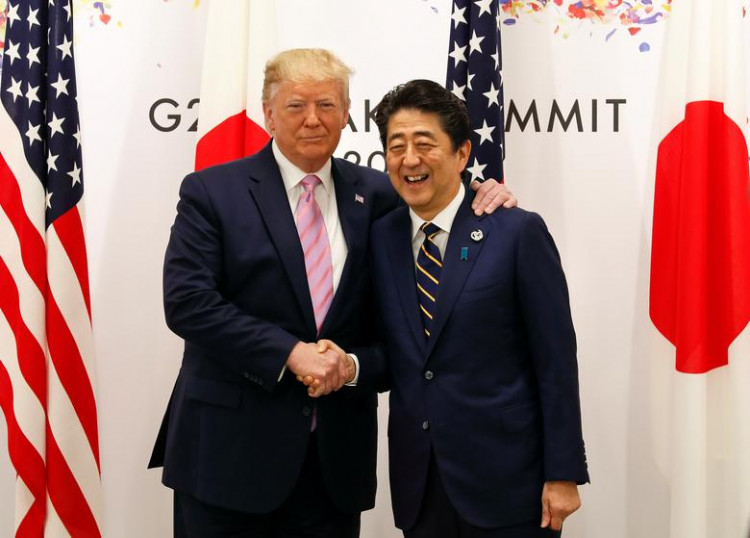The United States and Japan are reportedly closer to signing an enhanced trade deal following the agreement of its core terms. Both countries reported reached the agreement over the weekend, finally ironing out the finer details of the long-planned trade deal.
US President Donald Trump and Japanese Prime Minister Shinzo Abe both mentioned that they hope to sign the deal in New York as early as September. If the deal is indeed realized, the United States will have one less country to worry about as it would finally end its trade issues with its long-time ally.
US Trade Representative Robert Lighthizer revealed in an interview that the trade deal will mostly tackle trade regulations for agricultural, industrial, and digital products. The current trade deal pertaining to automotive tariffs will reportedly remain largely unchanged.
As part of the agreement, Trump had mentioned that Japan has agreed to buy the US' corn surplus. The US currently has a large surplus of the crop as a direct result of its already year-long trade dispute with China.
Abe had confirmed the country's intention of buying the US' corn surplus but explained that the move will be handled mostly by the private sector.
During the recently held G7 meeting in France, Trump had boasted that Japan's commitment was a "very big transaction" and that it would cost billions and billions of dollars.
Trump also explained that if the deal pushes through, it would remove quite a big burden for US farmers.
Abe mentioned during the same event that the deal will still need a lot of work, but he remained optimistic that everything would be finalized before the United Nations General Assembly next month. Most of the work will involve finalizing the wording and overall content of the trade agreement.
Japan is one of the United States' largest buyers of agricultural products. Last year, the country imported around $14 billion worth of US agricultural products. Lighthizer explained that the new trade agreement would further expand the transactions between both nations and more industries will stand to benefit.
Firms that produce products such as pork, wheat, dairy, wine, and ethanol will reportedly all stand to benefit from the deal. Lighthizer explained that the agreement will greatly reduce all of the tariff and non-tariff trade barriers between both nations, further opening up the market.
Lighthizer, unfortunately, did not elaborate further on the industrial and e-commerce aspects of the proposed trade agreement.






